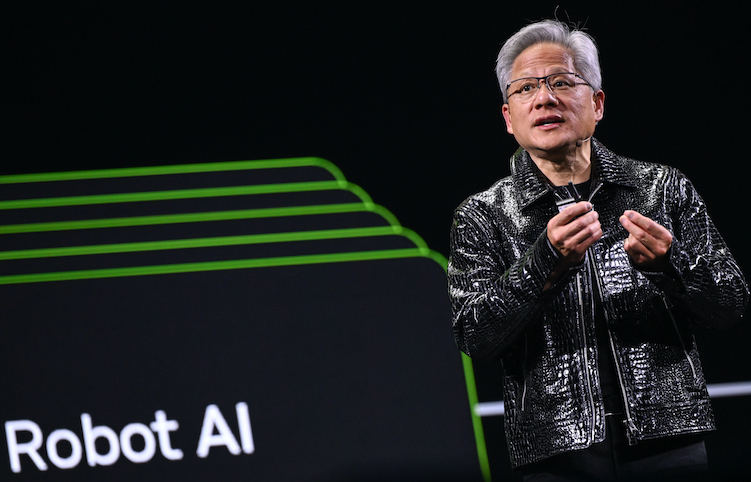The United States has lifted curbs on exports to China for chip design software developers and ethane producers.
The move, a further sign that US-China trade tensions are easing, follows concessions from Beijing over rare earths.
Synopsys, Cadence Design Systems and Siemens – three of the world’s largest electronic design automation (EDA) software developers – said on Wednesday they are restoring access to their software and technology for customers in China.
ALSO SEE: China Fears Negative Impacts of US Trade Pact With Vietnam
Earlier in the day, the US also sent letters to ethane producers to rescind a restrictive licensing requirement on exports to China imposed in late May and June.
The restrictions on EDA software developers and ethane producers were just some of many countermeasures imposed by US President Donald Trump’s administration in response to China’s export suspension of rare earths and related magnets in April.
Beijing’s move on rare earths, part of retaliation against Trump’s earlier tariffs this year, has upended supply chains central to automakers, aerospace manufacturers, semiconductor companies and military contractors. The issue threatened to scupper a bilateral trade deal.
On Friday, China’s commerce ministry said that following talks with the US, the two sides have confirmed a framework under which China will review export applications for controlled items while the US will cancel corresponding restrictive measures.
“The US have escalated to de-escalate. They put restrictions on many more items in order to get the Chinese to back off on rare earths,” according to a source familiar with discussions inside the US government.
“As the US and China continue to hold to this framework agreement, we’re gonna see a lot of these restrictions go away. Going back to a status quo, where we were at in Feb-March,” said the source who was not authorised to speak to media and declined to be identified.
Shares rise
Siemens said in a statement that it has resumed sales and support for Chinese customers after it was recently notified by the US Department of Commerce that export control restrictions for customers in China were no longer in place.
Its shares rose 1.7% after market open on Thursday.
Synopsys expects to complete system updates to restore access and support to Chinese customers within three business days, according to a company letter to staff seen by Reuters.
The US Department of Commerce did not immediately respond to Reuters’ requests for comment.
Long-term restrictions on Chinese access to EDA software would have significantly hampered China’s chip design industry. Synopsys, Cadence and Siemens command more than 70% of China’s EDA market, Chinese state news agency Xinhua reported in April.
It was not immediately clear if other countermeasures imposed by the US have been lifted. These include the suspension of licences for GE Aerospace to ship jet engines for the C919 aircraft of Chinese airplane maker COMAC and for nuclear equipment suppliers to sell to Chinese power plants.
- Reuters with additional editing by Jim Pollard
ALSO SEE:
Judge Says China’s Huawei Must Face Trial on Iran Dealings
Users of Ex-China Rare Earth Magnets Paying Top Prices
S Korea to Discuss Concern Over Curbs on Chipmakers in China
Shipments of US Ethane to China Face Export Licence Uncertainty
New Curbs Force Chip Design Software Firm to Halt Work in China
Tariff Talks With US Still ‘in a Fog,’ Japan’s Trade Negotiator Says
Firms Underestimating Risks From Carbon-Fuelled Climate Change
Trade Truce Done With 55% Tariffs on China Exports, Trump Says
US, Vietnamese Firms Sign Billions in Energy, Mineral Deals
























